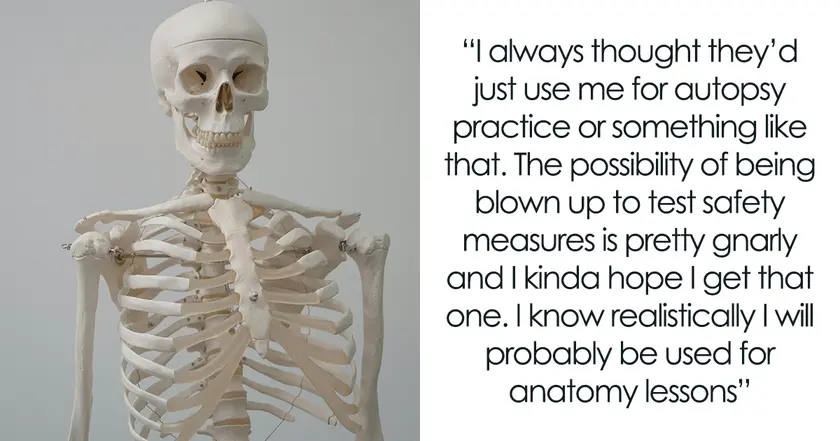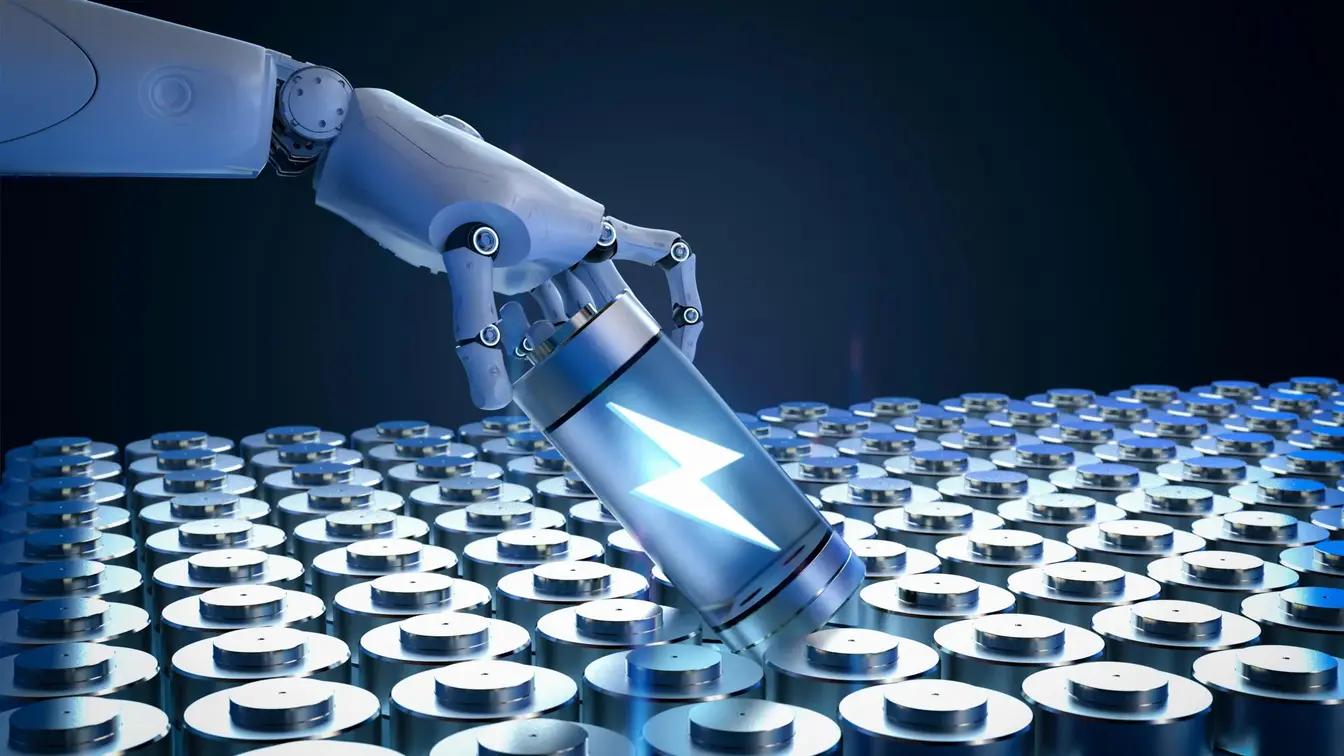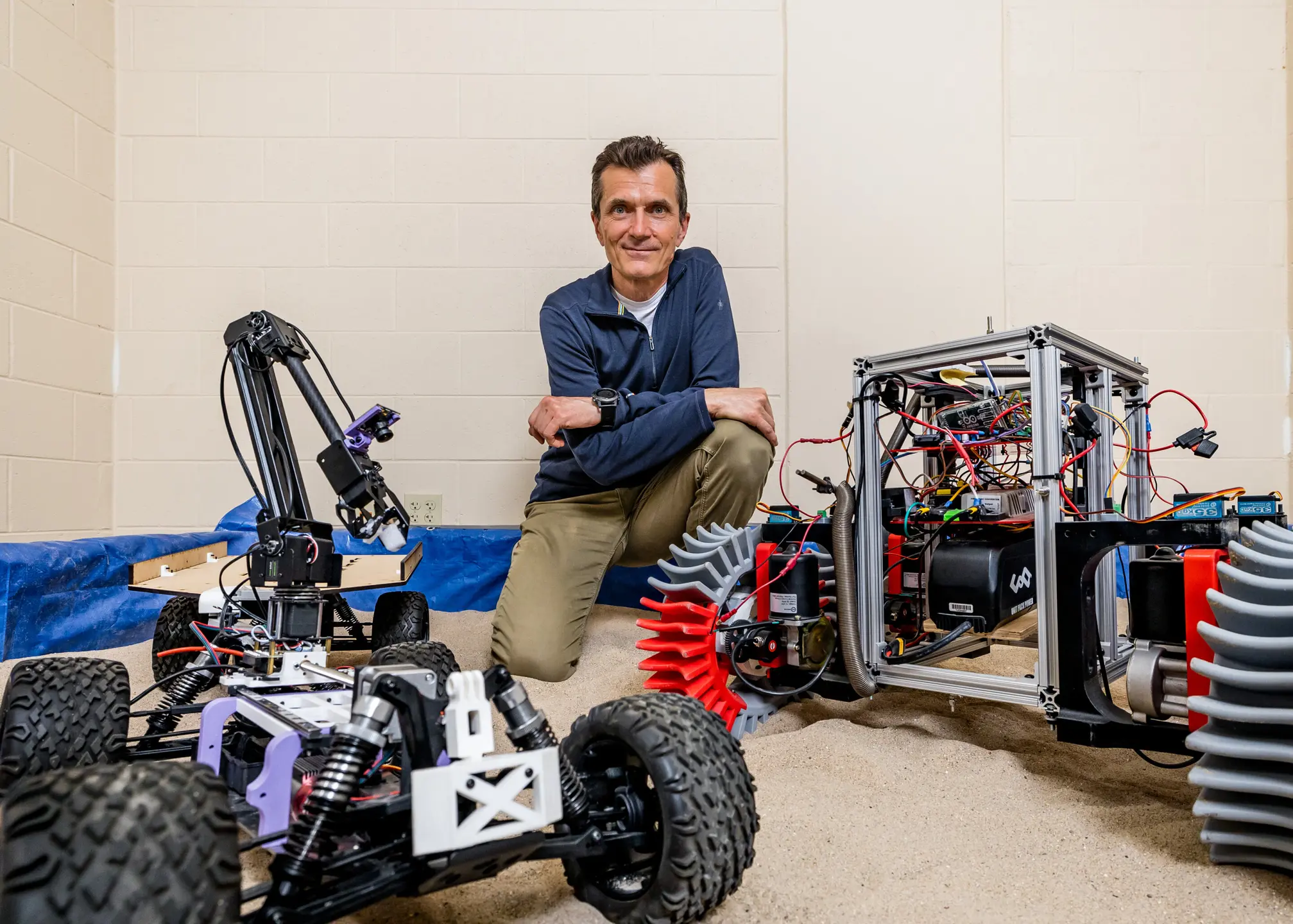T4K3.news
Innovative Uses of Cadavers Explored
An exploration reveals diverse and sometimes surprising ways cadavers contribute to science.

Cadavers serve various surprising and essential roles in scientific research and education.
Innovative Uses of Cadavers Beyond Traditional Research
Cadaver donation provides valuable contributions to many fields beyond just medical research. Each year, over 20,000 people in the United States donate their bodies to science, aiming to aid research and medical education. Common uses include training for medical students and forensic research. For example, cadavers are utilized to develop better surgical techniques and test medical devices, ensuring safer procedures in real-world environments. Interesting methods also include using human remains for crash testing to improve safety measures in vehicles, as well as for forensic anthropology in solving legal cases. Despite the sometimes unsettling nature of these applications, they play a vital role in advancing science and medicine.
Key Takeaways
""Cadaver donations support medical education and scientific research.""
This quote highlights the importance of cadaver donations.
""Many view body donation as a way to contribute posthumously.""
This reflects the mindset of individuals who choose to donate their bodies to science.
The diverse applications of cadavers raise important ethical and societal questions. While many view body donation as a generous act that promotes scientific progress, others may find the array of uses disturbing or unacceptable. The enticing possibility of contributing to life-saving advancements must compete with public perception about the use of human remains. Such revelations can create both appreciation for scientific innovation and discomfort with the realities of post-mortem research. As the demand for cadaver donations grows, discussions about how they are utilized will likely continue to evoke strong reactions from the public.
Highlights
- Donating your body can save lives in unexpected ways.
- Cadavers help us build safer technologies and medical practices.
- A cadaver's last act can change countless lives.
- Seeing how bodies decompose can solve real crimes.
Ethical Concerns in Cadaver Use
The diverse applications of cadaver donations can lead to public discomfort and ethical debates about the appropriateness of certain uses.
As research continues to evolve, the conversation around cadaver donation will remain essential.
Enjoyed this? Let your friends know!
Related News

Project Hyperion Launches Competition for Stellar Travel Designs

Shadow Labyrinth launched for Nintendo Switch 2

Parents increase screen time for kids this summer

AI discovers new energy storage materials

Fallout Bakersfield trailer released showcasing game development progress

JPMorgan Chase to explore stablecoins

Windows 11 Launch Highlights Mixed User Experience

Scientists develop method to extract water from moon soil
